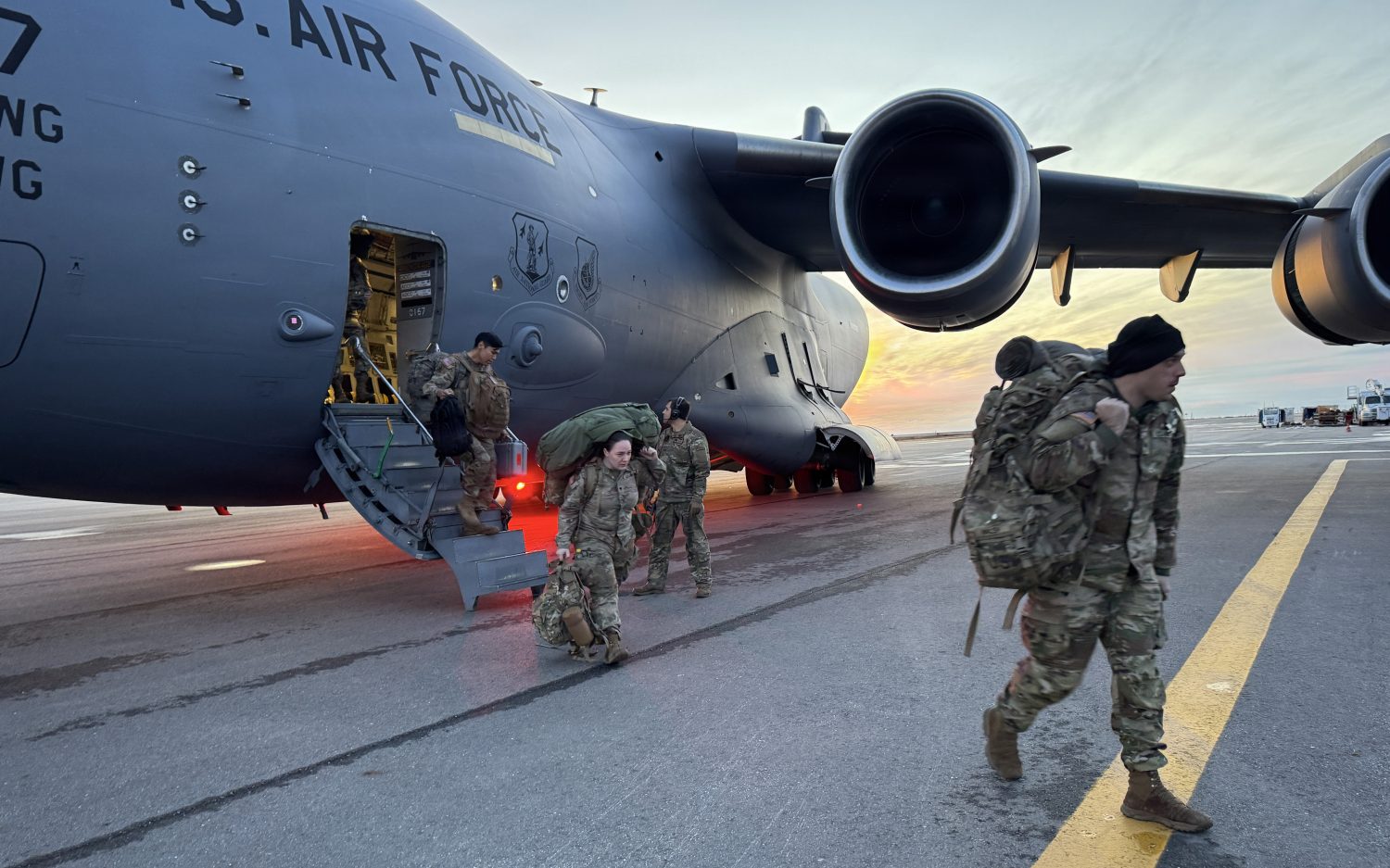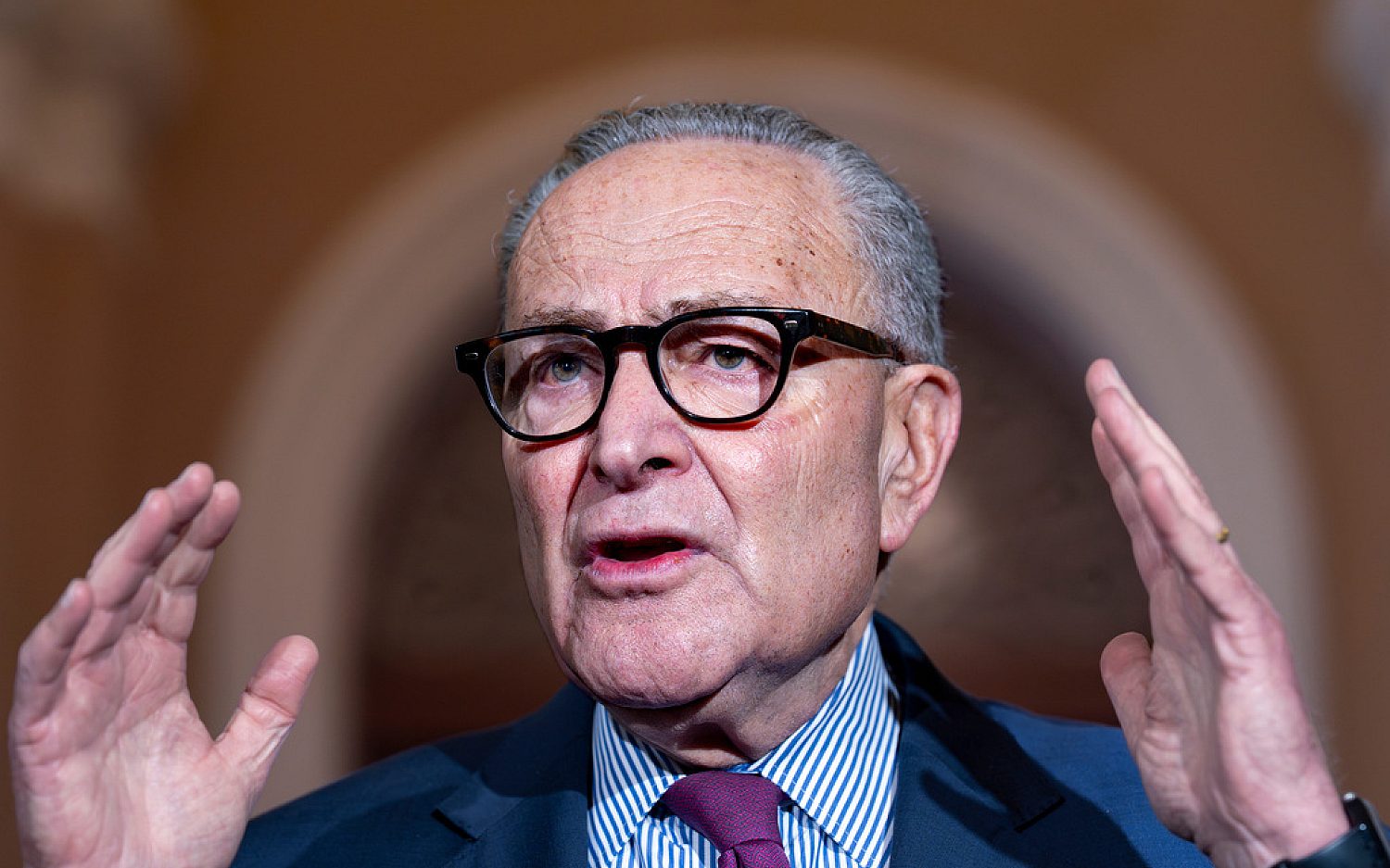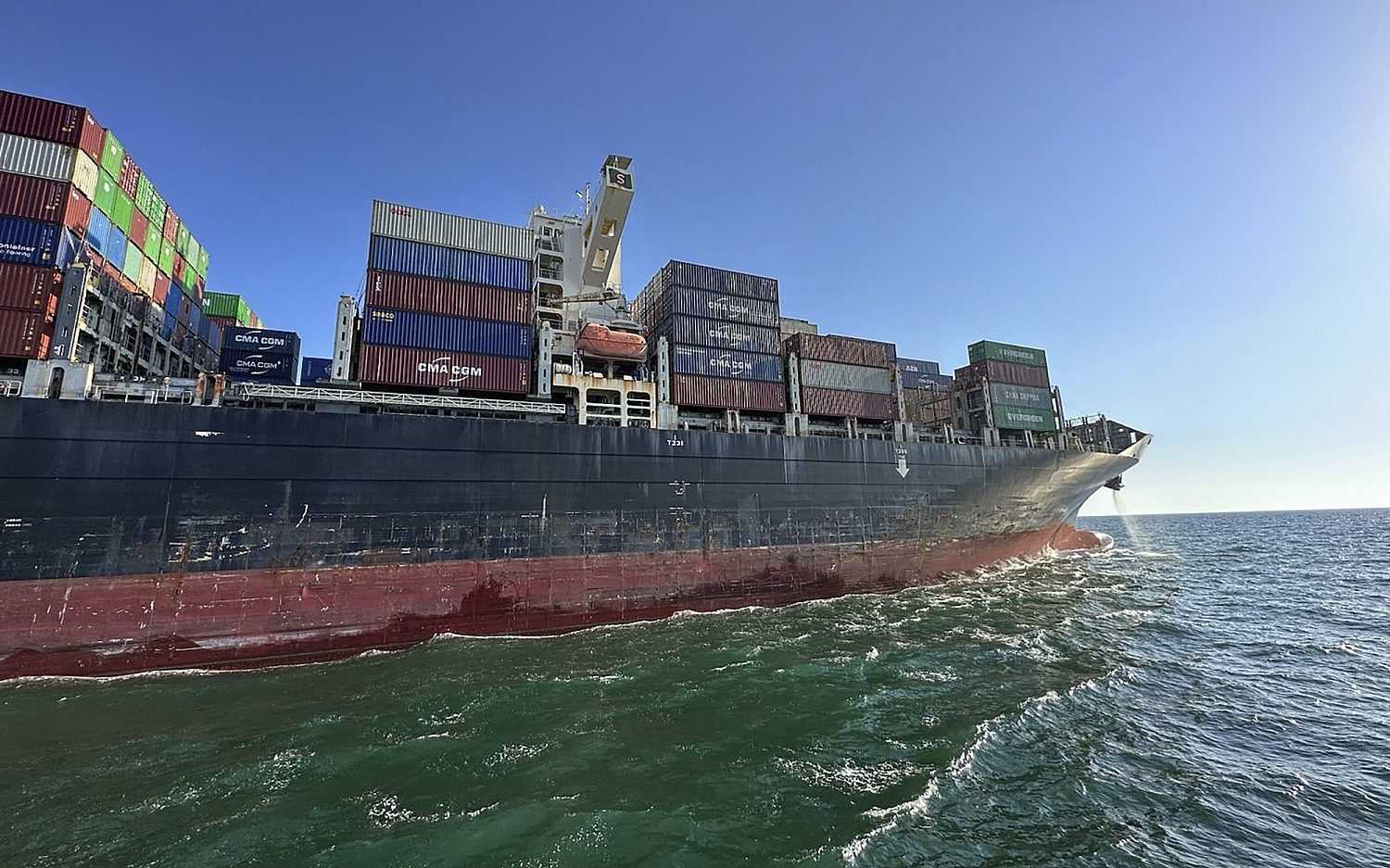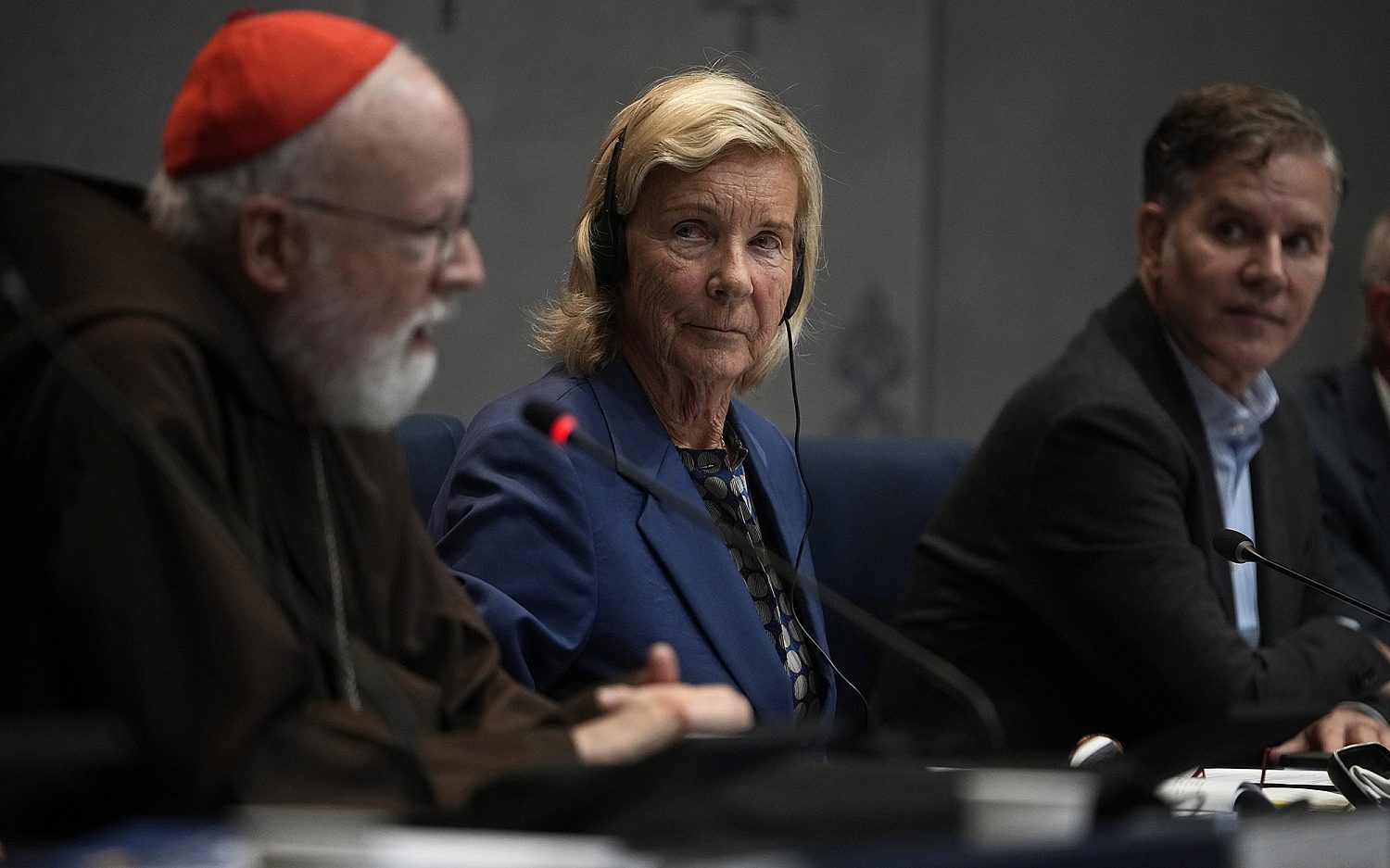Volunteers begin massive cleanup effort in Louisiana
Many homeowners did not have flood insurance, and faith-based groups are stepping up to help cover the loss
Cleanup from the major flooding that inundated southeast Louisiana two weeks ago has kicked into high gear, with private volunteers and federal dollars beginning to pour in.
Rains that dumped more than 2 feet of water during two days claimed 13 lives and displaced more than 60,000 families, according to the latest reports. Crews rescued 30,000 people, and as of Tuesday, more than 2,600 remained in temporary shelters.
Gov. John Bel Edwards called the flood “historic,” and declared disaster areas in 20 parishes.
Unlike Hurricane Katrina, which in 2005 hit parts of Louisiana familiar with flooding, the Aug. 12 deluge swamped never-before flooded areas of Baton Rouge. Most homes were not in a high-risk flood zone, and most homeowners did not have flood insurance.
“It frankly is quite surprising to me, the lack of take-up of the flood program in the impacted areas,” state insurance commissioner Jim Donelon said. “It shows quite clearly the sad state of affairs for those areas that are impacted.”
Contrary to popular belief, flood insurance is not included with private homeowners or renters insurance, but must be purchased separately through the Federal Emergency Management Agency (FEMA), according to Reuters.
Left with their own repair bills, more than 110,000 people have applied for federal assistance. FEMA announced Tuesday it has allocated more than $127 million toward recovery—$107 million for individuals needing disaster relief, and $20 million in payments to those who held a National Flood Insurance Program policy.
President Barack Obama, who visited the state on Tuesday, called “every American” to action as he stood in Zachary, La., squinting in the midday sun and wiping sweat from his face.
“Federal assistance alone won’t be enough to make people’s lives whole again,” he said. “This is how do you make sure that a month from now, three months from now, six months from now people still are getting the help that they need.”
Obama arrived amid heavy criticism for playing golf in Martha’s Vineyard instead of traveling to Louisiana to survey flood damage. He finished his vacation and flew back to Washington more than a week after the water receded. And he didn’t travel to Louisiana until four days after Republican presidential candidate Donald Trump.
Tony Perkins, president of the Family Research Council and interim pastor of Greenwell Springs Baptist Church in Zachary, La., called the Trump campaign to increase awareness of the flooding.
After touring streets heaped high with the soggy, ruined contents of flooded homes, Trump promised the church a $100,000 check for flood-relief efforts.
Even with federal and private money pouring in, people are still struggling with the mess, and some charities are crying out for more private donations.
The American Red Cross estimates it will need $30 million to do its part cleaning up the affected areas. So far, it has only taken in $7.8 million.
While money might be scarce, volunteers are not. Tim Haas, U.S. disaster relief manager for Samaritan’s Purse, told me it has a “strong volunteer turnout” and is not asking for donations right now.
“Our emphasis is on how we help an overwhelming number of folks requesting help,” Haas said. “It’s a daunting task to know that each day that you go to your response phone, the mailbox is full, and before you can even empty the mailbox it’s full again.”
More than 1,000 people have requested help from Samaritan’s Purse volunteers, who have set up at Greenwell Springs Baptist Church.
With four teams of 10-20 people each able to fix a home in a day or two, “you start thinking how long it will take to get to 1,000 if you can only do four a day,” Haas said.
The church could house about 100 more volunteers, Perkins said, as the facility has reached only half capacity.
Amid devastation and loss, Perkins also sees God at work.
“We are seeing people come to Christ on our parking lot as we are giving them food and water,” he said. “It’s painful for a lot of people, a lot of people have lost everything they have, but I believe a lot of good is going to come out of this from the standpoint of, people are going to see the church and Christians that make up the church as a true reflection of Jesus Christ, as serving their fellow citizen and their fellow neighbor.”
An actual newsletter worth subscribing to instead of just a collection of links. —Adam
Sign up to receive The Sift email newsletter each weekday morning for the latest headlines from WORLD’s breaking news team.




Please wait while we load the latest comments...
Comments
Please register, subscribe, or log in to comment on this article.